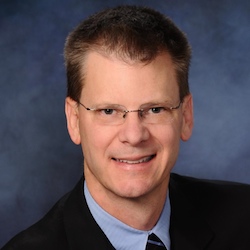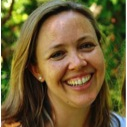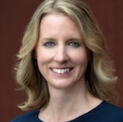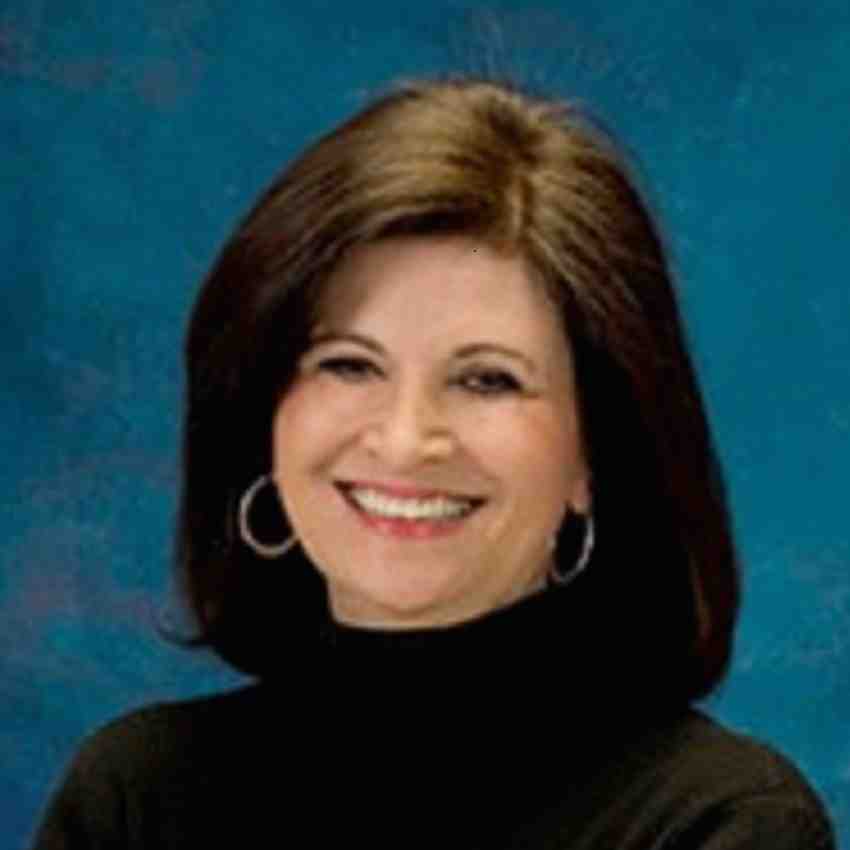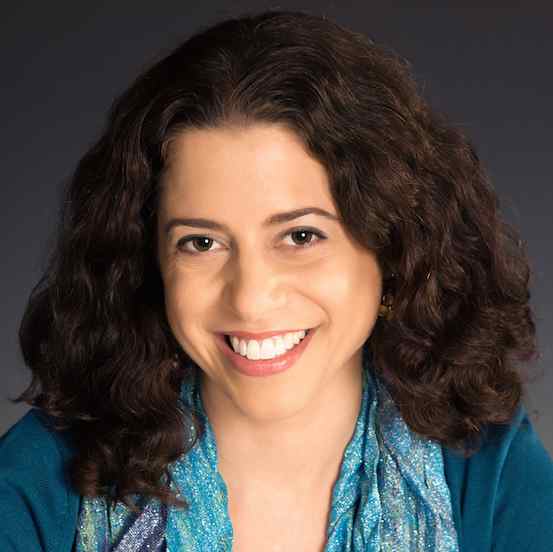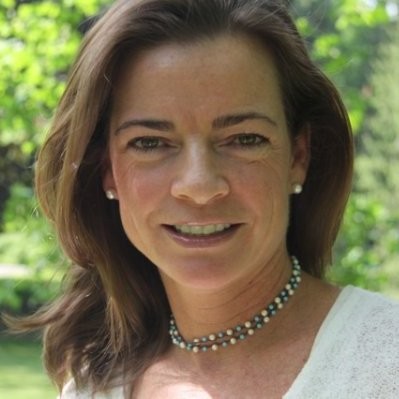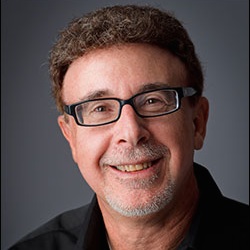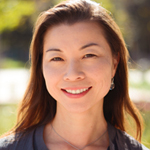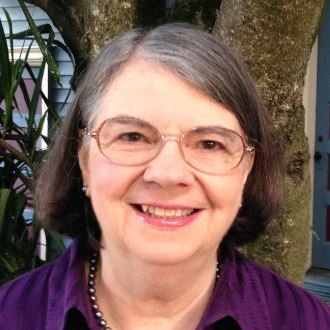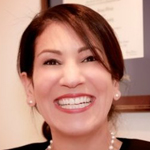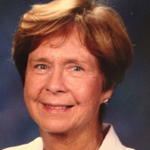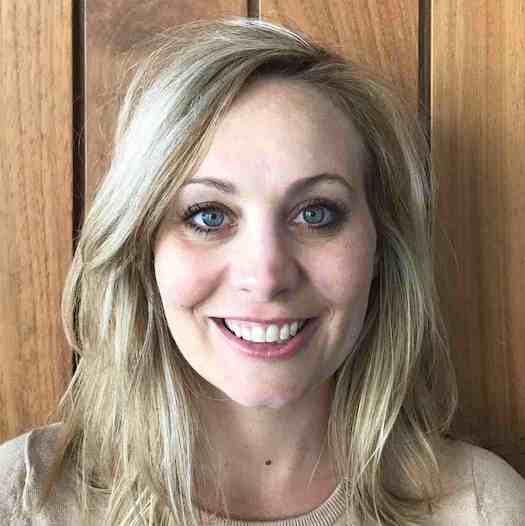Friday, February 15
8:30 AM – 12:30 PM
Cost per person: $199.
By advance registration only. Select one of six.
Add $30 fee if you are not attending the conference.
1. Visible Learning for Literacy
Educators have been in search of “what works” for decades. We think it’s time we focused on what works, what doesn’t work, and what can’t hurt. So we’ve turned to Visible Learning (Hattie, 2009) for help. As Dr. John Hattie noted, students must develop surface-level learning if they are ever going to go deep. We know that deep learning can facilitate transfer, which has been a goal shared by educators for as long as there have been teachers. The workshop presenter will focus on specific approaches that work at the surface level of learning and literacy, and how those approaches are different from strategies that work at the deep and transfer levels. Importantly, he will clarify which approaches work at each phase of learning.
Douglas B. Fisher, PhD, Chair, Department of Educational Leadership, San Diego State University; Classroom Teacher, Health Sciences High and Middle College; Co-Author, Visible Learning for Literacy, Grades K-12: Implementing the Practices That Work Best to Accelerate Student Learning (2016), Visible Learning for Mathematics (2016), Rigorous Reading (2013), and Text Complexity: Raising Rigor in Reading (2012)
2. Using the Science of a Meaningful Life to Foster Kind, Compassionate Classrooms
Helping children and adults cultivate empathy, compassion, and gratitude develops their ability to form positive relationships and care for those outside their “circle of concern,” but also helps to foster kinder, more compassionate, and equitable schools. This workshop’s presenters will explore the science of prosocial development and how it can be integrated into school settings. Ultimately, you will leave with several research-based strategies for enhancing your own well-being, your staff relationships, and overall school climate.
Vicki Zakrzewski, PhD, Education Director, Greater Good Science Center, University of California, Berkeley; Former Teacher and School Administrator and Amy L. Eva, PhD, Associate Education Director; Education Content Specialist, Greater Good Science Center, University of California, Berkeley; Former Teacher; Co-Author, "The Mindful Teacher: Translating Research into Daily Well-Being" (2016, The Clearing House)
3. How to Raise Empathetic, Courageous Kids in a Plugged-In, Trophy Driven World / Creating Classrooms for Empathy and Kindness
Today’s parents and educators are dealing with technology and digitally driven challenges that no previous generation has faced. What really matters in raising successful, happy, compassionate, and socially responsible children in a hyper-competitive, plugged-in world? In this 2 part workshop, Dr. Borba will discuss the latest research to identify nine crucial habits and one invaluable life skill — empathy. In this workshop, you will learn proven strategies to give your child the Empathy Advantage and cultivate their social and moral competence. You’ll also learn common sense ways to nurture the core habits of self-control, courage, collaboration, perspective-taking and leadership — the very qualities that colleges and employers say they are seeking. In the second part of this workshop, you will learn how to support the development of empathy and create a culture of kindness among your students through the implementation of simple, but highly impactful, daily practices. Christa Tinari, MA will present five practices which harness the science of goodness, and which have the power to change student behavior and transform your classroom culture.
Michele Borba, EdD, Psychologist; Bullying Prevention and Character Development Expert; Author, Unselfie: Why Empathetic Kids Succeed in Our All-About-Me World (2016), The 6Rs of Bullying Prevention (2016) and Building Moral Intelligence: The Seven Essential Virtues that Teach Kids to Do the Right Thing (2002)
Christa M. Tinari, MA, President, PeacePraxi; Nationally recognized Safe Schools and School Climate Specialist, with particular expertise in Bullying Prevention, Positive Discipline, and Social-Emotional Learning; Former Adjunct Instructor at Temple University; Former High School Student Assistance Counselor, and Director of Prevention Programs at a community-based educational non-profit; Creator of The Feel & Deal Activity Deck, an emotional intelligence tool used on six continents; Co-Creator of The School Climate Thermometer, a survey instrument designed to ‘take the temperature’ of school climate at middle schools; Co-author with Naomi Drew, Create a Culture of Kindness in Middle School: 48 Character-Building Lessons to Foster Respect and Prevent Bullying (2017)
4. Understanding Adolescence, Teaching Adolescents: From Emotions and Cognition to iPads and Snapchat
This lively and interactive workshop explores current research into teenagers' cognitive and emotional growth. Informed by psychology and neuroscience, we will explore the unique features of adolescence, as well as its continuities with childhood and adult development. We will discuss specific classroom strategies that foster healthy, pro-social growth, and explore teaching practices that promote engaged and substantive learning and attention. Given teenagers' fascination with all things tech, we will explore specific research strategies to understand the detriments and benefits of their weird, wired, wireless world.
Andrew Watson, MEd, MA, Founder/President, Translate the Brain; Editor, Learning and the Brain blog; Author, Learning Deepens: The Science of Motivation for the Classroom Teacher (Upcoming, 2019) and Learning Begins: The Science of Working Memory and Attention for the Classroom Teacher (2017)
5. The Power of Fairness: Fostering Prosocial, Emotionally Competent Student Mindsets To Grow and Thrive
This workshop will introduce the concept of fairness as a powerful foundational force serving as a well-spring of skills, strategies, self-perceptions, and behaviors harnessed and utilized in all aspects of our lives. Being fair is what prompts us towards prosocial behavior. The workshop leaders will provide an overview of the research and science of fairness, resilience, and prosocial behavior as a means of assessing these qualities in their students, and practical hands-on strategies that can be implemented immediately in the classroom and school community.
Paula Prentis, LMSW, Licensed Social Worker; Co-Founder, Your Self Series, a company that provides social emotional learning curriculum and a corresponding free website, YourSelfSeries.com, that contains free content to teach young teens about health and mental health; Expert in whole child health and wellness, social-emotional learning, adolescent development, and how to build connections in the classroom to optimize learning and life potentials; Co-Author, Reach Before You Teach: Ignite Passion and Purpose in Your Classroom (2013)2013); and Sam Goldstein, PhD, Adjunct Assistant Professor, University of Utah School of Medicine; Co-Authors, The Fairness Factor (Forthcoming)
6. Using the Neuroscience of Learning Difficulties and Social Emotional Skills to Rethink 504 Accommodations
Come and learn about the neuroimaging research from the UCSF Dyslexia Center and the UCSF Memory and Aging Clinic that is exploring the neuroscience of learning in the realm of social-emotional skills for students with learning difficulties. Discover how this information may be translated into the classroom and help educators increase their understanding about the power of 504 accommodations and Universal Design for Learning in providing opportunities for all individuals to reach their potential.
Fumiko Hoeft, MD, PhD, Associate Professor of Child & Adolescent Psychiatry and Dyslexia Center, and Director of UCSF Hoeft Laboratory for Educational Neuroscience (brainLENS.org), University of California, San Francisco; Professor and Director, Brain Imaging Research Center, University of Connecticut; Board Member of the International Dyslexia Association (IDA); Nancy Cushen White, EdD, Clinical Professor of Pediatrics, Division of Adolescent and Young Adult Medicine, University of California, San Francisco; Nicole Ofiesh, PhD, Director, Schwab Learning Center (SLC) and UDL Innovation Studio, Stanford University; Co-Author, "Cognitive Diversity and the Design of Classroom Tests for All Learners" (2012, Journal of Postsecondary Education and Disability); Nancy Redding, MEd, Past President of the Northern CA Branch of the International Dyslexia Association (IDA); and Christa Watson, PsyD, Instructor, Dyslexia Center, Memory and Aging Center, University of California, San Francisco


